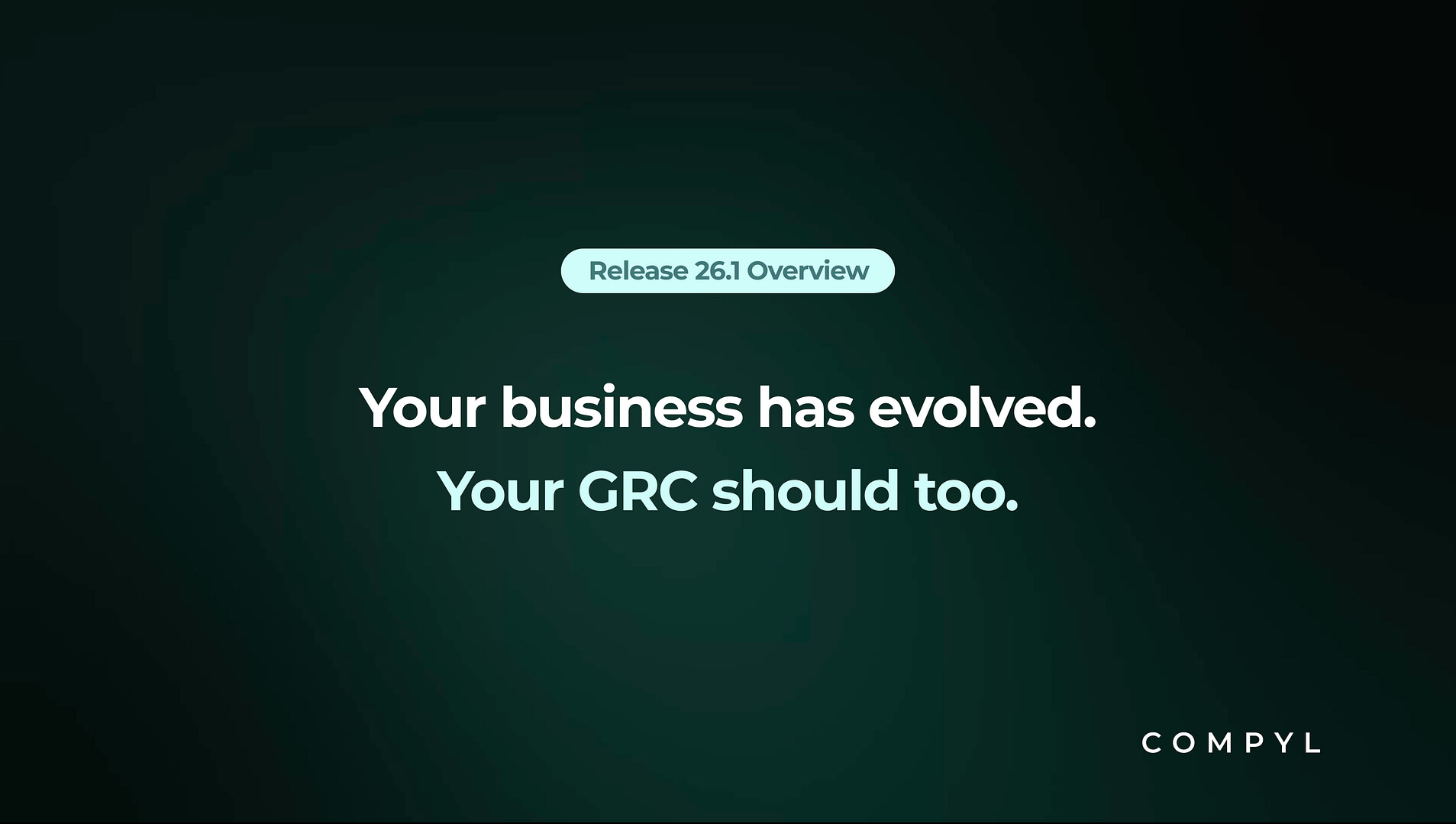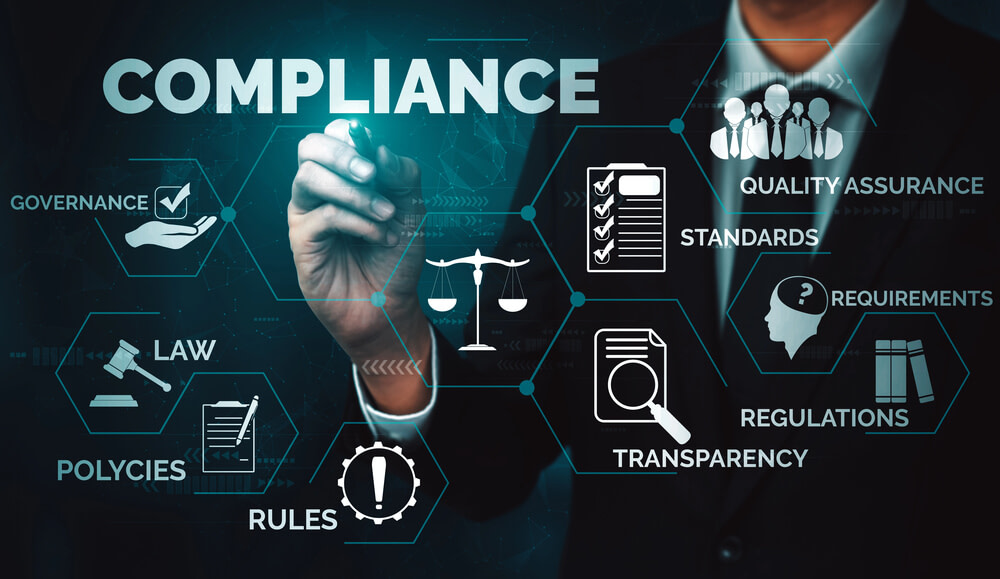Protecting the security of cardholder information is one of the most important responsibilities of every company that handles personal customer data. According to research from 2023, 72% of Americans feel that the government should do more to regulate how companies use customers’ personal information. It’s a truly bipartisan issue, with support for consumer protections coming from strong majorities on both sides of the aisle.
When customers say they care a lot about how companies are handling their payment card information, brands would do well to listen. However, the reality is that compliance with essential regulations like PCI DSS is not free. Depending on factors like the size of your business and the industry in which it operates, you could realistically spend anywhere from around $5,000 to more than a hundred thousand dollars per year on PCI compliance costs. Businesses of all types and sizes need ways to achieve cost-effectiveness without sacrificing the security of customer data.
What Is the Cost of PCI Compliance?

The cost of PCI compliance can be divided into two main categories: implementation and validation.
PCI Implementation Costs
Implementation is the process of putting into place the necessary security tools and updating security practices to meet PCI DSS requirements.
- Vulnerability Scanning: Regular scans of all systems, networks, and applications aid readiness by helping to proactively identify security weaknesses. The cost of vulnerability scanning is generally around $100 to $200 per IP address per scan.
- Training & Policy Development: Developing a new security policy can cost anywhere from about $1,000 to over $5,000. The cost of training staff on PCI compliance practices is generally around $50 to $100 per employee.
- Penetration Testing: Penetration testing is essential for safely identifying vulnerabilities in your business’s security systems. Penetration testing costs range widely, from as little as $4,000 to over $100,000 for large organizations with complex security infrastructures. Most small to mid-sized merchants pay around $15,000 for penetration testing.
- Remediation: If your vulnerability and penetration testing turns up significant weaknesses, you will need to fix them promptly or risk noncompliance penalties. Depending on the issue, remediation costs can range from a few thousand dollars to $500,000 or more.
PCI Validation Costs

Validation is the process of verifying that your business’s data security practices comply with PCI DSS requirements. Validation costs depend on the level of merchant (based on annual card transaction volume) and the type of validation required.
- Self-Assessment Questionnaire (SAQ): Merchants levels 2 through 4 typically pay less than $300 to complete an annual SAQ.
- PCI DSS Assessment: Level 1 merchants must complete an annual third-party assessment with the assistance of a Qualified Security Assessor (QSA). Since only the largest organizations qualify as level 1 merchants, qualified assessments tend to be complex and often cost upward of $100,000.
General PCI Compliance Cost Factors
In addition to specific PCI implementation and validation costs, there are other, more general factors that have a major impact on PCI compliance cost.
- The size and type of organization is one of the most significant determining factors regarding PCI compliance cost. Larger organizations that process more transactions naturally face higher costs.
- The complexity of the network environment, such as the number of systems and devices, will significantly impact compliance costs.
- The security culture at your organization also plays a role in determining the cost of compliance. Companies that prioritize security highly may be able to achieve lower incremental costs due to existing infrastructure, policies, and employee education.
- The type of cybersecurity tools in use at your organization. Subscriptions for fundamental cybersecurity tools like firewalls, antivirus software, and data encryption typically cost anywhere from $150 to a few thousand dollars per month altogether.
What Is the Average Cost of a PCI Assessment?
One of the most significant PCI compliance costs for level 1 businesses is the qualified PCI compliance assessment. A basic PCI DSS assessment performed by a certified QSA typically costs around $15,000, while more complex assessments for very large enterprises can cost significantly more.
What Is the Cost of PCI Noncompliance?

PCI compliance costs can add up quickly. However, the investment is worth every dollar. PCI DSS noncompliance can result in significant penalties, beginning with relatively modest monthly fees that escalate quickly if your business does not promptly correct the infractions. Not to mention, noncompliance with PCI standards is a serious blow to your business’s reputation among consumers and financial institutions.
Who Needs To Be PCI Compliant?
Any merchant that processes, stores, or transmits credit card information is required by the PCI Security Standards Council (SSC) to adhere to PCI DSS. The SSC consists of major card networks like Visa and Mastercard.
Merchants that must be PCI compliant are categorized into four levels based on their annual transaction volume:
- Level 1: More than 6 million card transactions annually.
- Level 2: Between 1 million and 6 million card transactions annually.
- Level 3: Between 20,000 and 1 million card transactions annually.
- Level 4: Fewer than 20,000 card transactions annually.
The SSC requires Level 1 merchants to complete third-party validation of PCI compliance, while it permits Levels 2 to 4 to self-validate using an annual self-assessment questionnaire (SAQ).
PCI Compliance Requirements
Merchants must adhere to 12 key requirements to achieve PCI compliance. When budgeting for PCI compliance costs, it’s crucial to make sure you’ve accounted for all of these requirements.
- Install and maintain network security controls.
- Apply secure configurations to all system components.
- Protect stored account data.
- Protect cardholder data with strong cryptography during transmission over open, public networks.
- Protect all systems and networks from malicious software.
- Develop and maintain secure systems and software.
- Restrict access to system components and cardholder data by business need-to-know.
- Identify users and authenticate access to system components.
- Restrict physical access to cardholder data.
- Log and monitor all access to system components and cardholder data.
- Test the security of systems and networks regularly.
- Support information security with organizational policies and programs.
Lower Your PCI Compliance Cost: Tools and Solutions
Achieving and maintaining PCI compliance is an ongoing process with recurring costs. To manage these expenses effectively, your business needs to be smart about the way it approaches PCI compliance cost planning.
One of the best ways to improve the cost-efficiency of your PCI DSS compliance practices is to implement the right tools. Our automated PCI compliance platform — along with support from our team of PCI compliance experts — can allow your business to focus on growth instead of managing out-of-control compliance costs. Contact us to learn more about our PCI compliance solutions and experience the benefits for yourself.



